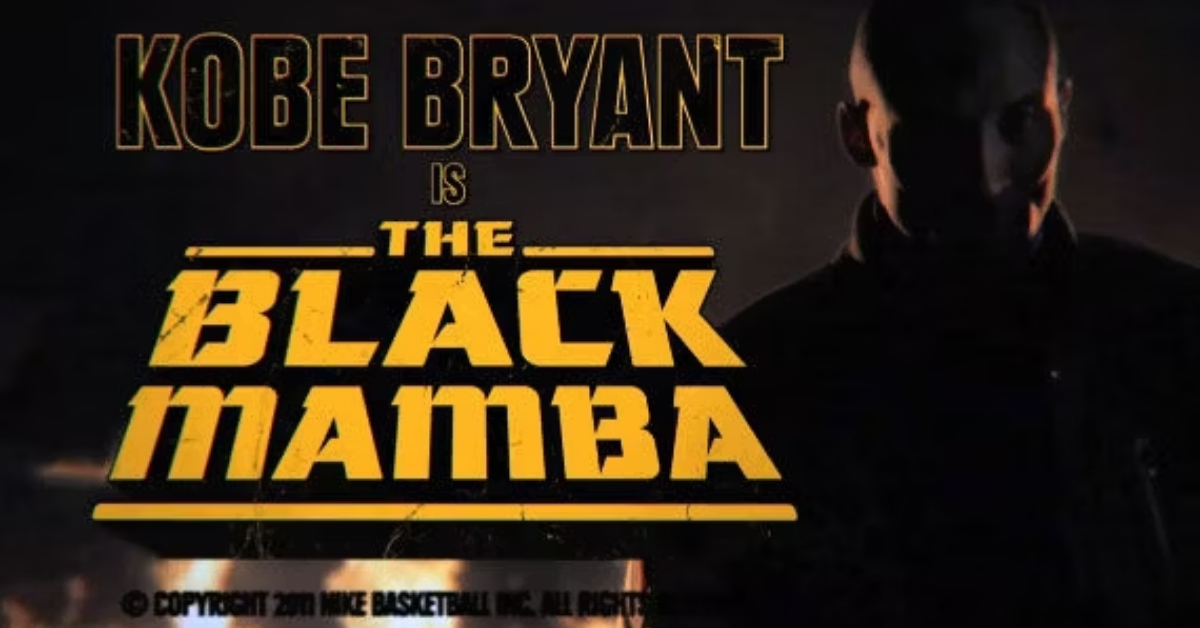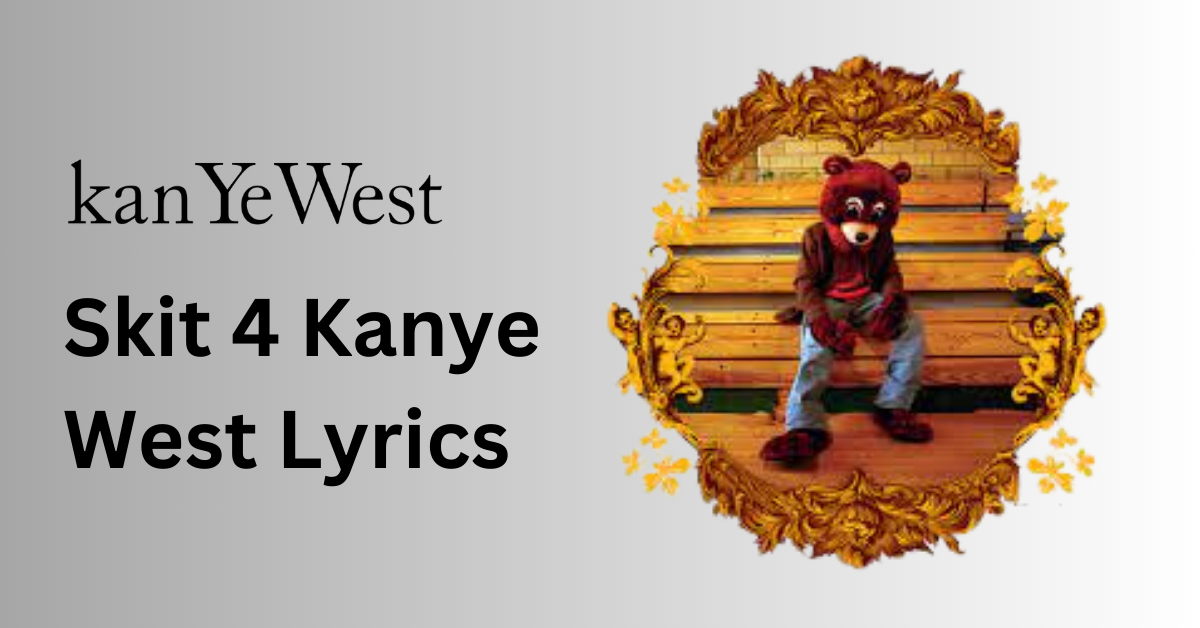Kanye West made his mark on the world in 2004, a year when his debut album, The College Dropout, was released, and his career as a solo artist began to soar. This year was pivotal because it marked the arrival of a new type of rapper—one who was unapologetically authentic and didn’t shy away from vulnerability. It was a year where hip-hop expanded its limits, blending soulful sounds with introspective lyrics, and Kanye was at the helm.
kanye west 04
The College Dropout hit the shelves on February 10, 2004, and it didn’t take long for it to change the landscape of hip-hop. Kanye brought something fresh to the table—he wasn’t talking about gangster life; instead, he was discussing real struggles like financial insecurity, self-doubt, and the pressure to succeed in school. Tracks like “Through the Wire,” recorded while Kanye’s jaw was wired shut after a car accident, showed his dedication and vulnerability.
The album went on to achieve platinum status and received universal acclaim for its inventive production and meaningful lyrics. Kanye was offering listeners a glimpse into his life—a mix of hope, frustration, and humor. His willingness to be real in a genre that often promoted bravado set him apart.
Chart Success: Kanye’s Music Taking Over the World
Kanye’s singles quickly gained traction. Songs like “Jesus Walks” not only climbed the charts but also brought a different perspective to mainstream hip-hop, highlighting spiritual themes without losing its edge. The track’s success broke the stereotype of what rap music should address and proved that Kanye was a force to be reckoned with. It wasn’t just about beats and rhymes; it was about substance, a narrative people could connect with.
Defining Moments: Kanye’s Influence on Culture in 2004
Iconic Performances: Defining Shows and Appearances
Kanye West had several defining performances in 2004 that solidified his place as an artist to watch. His appearances on The Chappelle Show and performances at various music award ceremonies showcased his stage presence and ability to connect with audiences. Kanye wasn’t just performing his songs; he was telling stories and conveying emotions that resonated deeply with listeners.
Awards and Recognition: Major Wins and Acknowledgements
2004 was also the beginning of Kanye’s long list of accolades. His work on The College Dropout earned him numerous Grammy nominations, and he took home the award for Best Rap Album. Kanye’s acceptance speeches were just as iconic as his music—he spoke with passion, ambition, and an unwavering belief in himself, setting the tone for his future persona.
The Fashion Side: Kanye’s Early Fashion Statements
While Kanye is known today for his iconic Yeezy line and his influence on high fashion, the seeds of his unique style were planted back in 2004. Kanye wasn’t just about rapping; he was also setting trends, and this year saw him embracing a preppy style that was quite distinct from the typical hip-hop look at the time.
Street Style Evolution: Kanye’s Unique Influence on Streetwear
In 2004, Kanye was frequently seen sporting Ralph Lauren polos, Louis Vuitton bags, and custom-made sneakers. He merged luxury fashion with streetwear in a way that wasn’t common back then, challenging the stereotypes of how a rapper “should” dress. Kanye made it cool to wear pink polos, backpacks, and designer items—all at once.
Collaborations: Fashion Partnerships in 2004
Kanye’s first forays into fashion collaborations also began around this time. He started partnering with sneaker brands and designers, hinting at his future plans for dominating the fashion industry. His early work in fashion showed that Kanye had an eye for aesthetics that went beyond music—an interest that would eventually lead him to revolutionize sneaker culture.
Kanye’s Influences: What Inspired Kanye’s 2004 Sound
Gospel and Hip-Hop Mix: Musical Inspirations
Kanye’s music in 2004 was heavily influenced by the gospel sound he grew up with. Tracks like “Jesus Walks” demonstrated how gospel and hip-hop could blend seamlessly, creating a powerful narrative. Kanye wasn’t afraid to incorporate choir elements and soulful samples into his tracks, drawing inspiration from the likes of Curtis Mayfield and Aretha Franklin.
Influential Figures: Icons that Shaped His Journey
Kanye often cited influences like J Dilla, RZA, and Jay-Z, all of whom shaped his production style and lyricism. He was both a student of the craft and a disruptor, combining what he learned from his idols while also challenging the norms of what hip-hop could be.
Controversies: The Start of Kanye’s Media Attention
Making Headlines: Controversies that Sparked Debates
2004 wasn’t without its controversies for Kanye. His outspoken nature began to emerge during award shows and interviews, where he wasn’t shy about voicing his opinions—whether it was about his own genius or the injustices within the music industry. Kanye’s boldness was refreshing to some and polarizing to others, but it kept people talking.
Social and Cultural Impact: Kanye’s Influence on Society
Breaking Stereotypes: Redefining Hip-Hop Artistry
Kanye broke many of the stereotypes surrounding rap artists. He brought a middle-class perspective to hip-hop, discussing the struggle of trying to fit into societal norms. His introspective lyrics, vulnerability, and willingness to tackle taboo topics like faith, consumerism, and personal struggle made him a relatable figure for many.
Legacy of 2004: How Kanye’s 2004 Set the Stage for His Future
Influence on Future Albums: Setting the Tone for the Decade
The success of The College Dropout laid the foundation for Kanye’s subsequent projects, each of which pushed musical boundaries further. Tracks like “All Falls Down” and “Spaceship” not only resonated with audiences but also showcased Kanye’s potential for creating thought-provoking music that didn’t conform to typical industry expectations.
The Growth of His Persona: Shaping His Public Image
2004 was also the year that Kanye’s larger-than-life persona began to take shape. He started to develop the confidence, or what some would call arrogance, that would later become one of his defining traits. This confidence was key to his future endeavors—not just in music but also in fashion, business, and pop culture at large.
Conclusion: Kanye’s Legacy and Continuing Impact
Kanye West’s journey in 2004 was not just about releasing a debut album—it was about challenging the norms of the music industry, making fashion statements, and starting conversations that were far beyond the realm of music. He was a disruptor, an innovator, and a figure who never shied away from controversy.
Kanye’s impact from 2004 still resonates today. Whether it’s his ability to mix genres, his push for fashion’s acceptance in hip-hop, or his outspoken personality, 2004 was the year that laid the foundation for everything we see in Kanye now—a visionary who dared to be different and succeeded.
FAQs
What made Kanye West’s 2004 album, The College Dropout, so influential?
The College Dropout was influential because it broke away from the typical themes of mainstream rap at the time. Kanye talked about his real-life struggles, ambitions, and insecurities, making it relatable. His use of soulful samples and gospel influences gave the album a unique sound that reshaped hip-hop.
How did Kanye’s style in 2004 influence the fashion industry?
Kanye’s preppy, streetwear-inspired style challenged the norms of how rappers should dress. By incorporating high-end fashion elements into his wardrobe, he made designer items a part of hip-hop culture, setting the stage for the luxury streetwear trend we see today.
Why is “Jesus Walks” considered one of Kanye’s most important tracks from 2004?
“Jesus Walks” was a standout track because it boldly addressed faith and religion—a rarity in mainstream hip-hop. It highlighted Kanye’s willingness to take risks and talk about topics beyond the usual themes of wealth and power.
What were some of the key performances Kanye had in 2004?
Kanye’s performance on The Chappelle Show and at various award ceremonies in 2004 were significant because they introduced his dynamic stage presence to a broader audience. These appearances helped cement his reputation as not just a producer or rapper, but an all-around entertainer.
How did Kanye West challenge stereotypes in the hip-hop industry in 2004?
Kanye challenged stereotypes by being unapologetically himself. He didn’t fit the typical mold of a rapper—he wasn’t from the streets, and his lyrics were often introspective, touching on topics like insecurity and self-identity. His style was also different, blending high fashion with streetwear.
What awards did Kanye West win for The College Dropout?
Kanye won the Grammy Award for Best Rap Album in 2004 for The College Dropout. This recognition helped solidify his place in the industry as not just a producer but also a successful solo artist.
How did Kanye’s collaboration with fashion brands start in 2004?
Kanye’s interest in fashion collaborations began with his custom-made sneakers and work with designers in 2004. Although his major partnerships came later, this year marked his first serious attempts at blending his love for fashion with his music career.
What role did Kanye’s influences play in shaping The College Dropout?
Kanye was influenced by gospel music, soul, and classic hip-hop. His use of gospel choirs and soulful samples in The College Dropout paid homage to artists like Curtis Mayfield, while also bringing a fresh twist to modern hip-hop production.
What were some controversies Kanye faced in 2004?
Kanye began gaining attention for his outspoken personality in 2004. He wasn’t afraid to speak his mind, whether it was about his own music or the industry at large. This boldness attracted both admiration and criticism, but it undeniably kept him in the spotlight.
How did 2004 shape Kanye West’s future career?
2004 set the foundation for Kanye’s career by establishing him as a creative force in both music and fashion. The success of The College Dropout not only launched his career but also gave him the confidence and platform to pursue other ventures, from high fashion to his own record label, GOOD Music.
[related_products_by_title]





